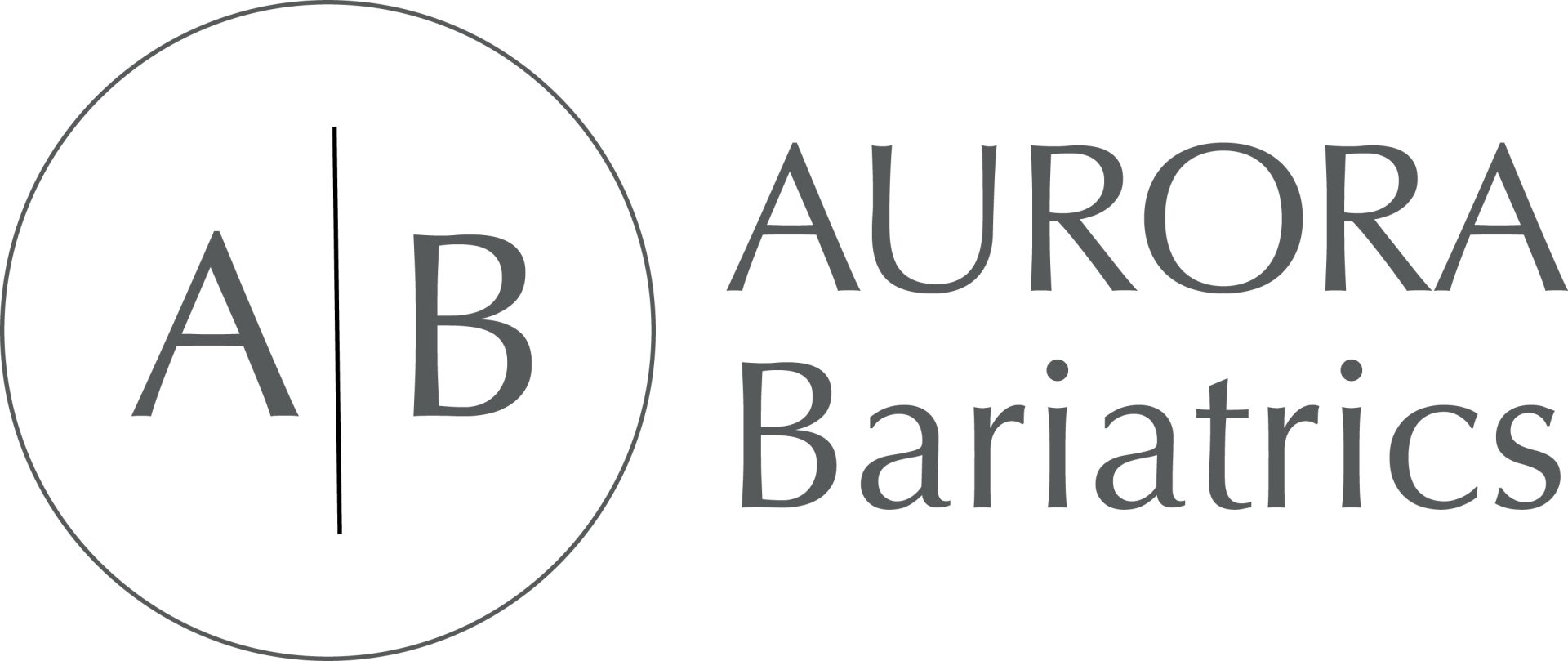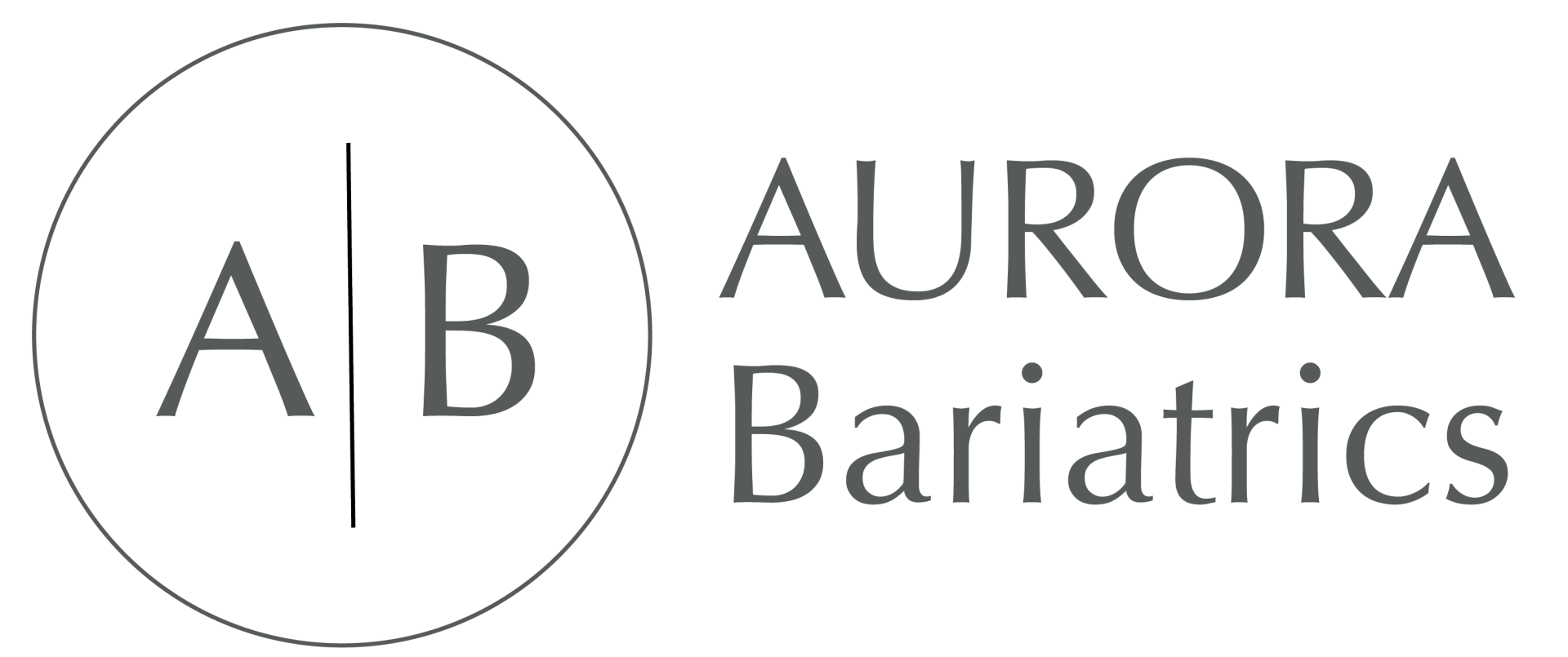Day 2 After Surgery
The good news is, day 2 is much easier than day 1. By now you should be feeling more "normal".
Welcome to Day 2 after surgery! Each day you will start to feel a bit better. You can start drinking nourishing fluids from today. The intravenous fluid will be ceased, you've walking around on the ward and the shoulder tip pain should feel a bit better.
Today is the usual day of discharge from hospital.
Things to consider before going home:
- Nourishing fluids: You can drink anything that can get through a straw, without using a straw. A straw will draw air into your small stomach and inflate it so avoid using straws. Sipping from the small cups is a better idea. Remember some yoghurts are actually pretty thick and you won't be ready for this.
- Pain and Nausea Relief - your team will provide pain relief and anti-nausea medications to take home, this will usually include wafers under the tongue which can be used every four hours.
- Bowels
- If you have not opened your bowels by day 5 after the operation - take
- Lactulose (20ml 3 times a day) and
- Movicol (2 sachets four times a day) until your bowels have opened
- If by day 7 you haven't opened your bowels - use a Microlax enema. Each of these are available over the counter at your local pharmacy.
- Avoid taking a Senna-based medication as these can irritate your gut - so avoid Coloxyl/Senna
- Drinking: aim for 800-1200ml at least per day, including all fluids (1500mL ideal)
- Multivitamin: you have the option of the chewable BN multivitamin, or the capsule which can be opened up onto smoothies - generally tolerated from one week post-operatively
- Followup:
- Your surgeon will see you at 3 weeks, either via Telehealth or in rooms
- If you have issues during working hours - call our rooms on (08) 6478 7631.
- After hours, weekends or emergencies - visit your local after-hours GP or Emergency Department
- If you are uninsured - you are not covered if you present to a Private Hospital Emergency Department
- Driving: you can drive after 1 week as long as you can brake safely
- Exercise:
- Walking - from night 1
- Low intensity, steady state exercise - walking/jogging/cycling - a few days after surgery (no restriction)
- Weights, pilates, high intensity training - wait at least four weeks
- If you had a hiatus hernia repair - definitely don't lift weights for 4 weeks after surgery
Things to look out for:
- Constipation, nausea, aches/pains are normal
- If you develop a fever, severe abdominal pain or unable to swallow - you must present to an Emergency Department - Sir Charles Gairdner Hospital manages WA's public bariatric surgical care.
Here is your Telehealth postoperative program:
- Week 1 - AURORA NURSE: you will have an appointment with your Nurse Practitioner, Kendall Gow (INCLUDED IN AFTERCARE PROGRAM)
- Kendall will go through your diet, wound care, medications and any issues you might have from the first few days after discharge.
- Week 2 - YOUR DIETITIAN: you should already have an appointment with your chosen Dietitian, either Stevie Raymond or Loren Muhlmann
- Your dietitian will go through your intake of protein, fluids, calories, timing of foods and help you through the transition period
- Week 3 - AURORA SURGEON: you will have an appointment with your Surgeon, Dr Blackham (INCLUDED IN AFTERCARE PROGRAM)
- Dr Blackham will go through your operation, pathology of your stomach, wound care, reflux and any other questions you might have
- Week 6 - AURORA NURSE: Nurse Practitioner, Kendall Gow
- 3 months - AURORA GP AND YOUR DIETITIAN: Bariatric General Practitioner (Dr Cindy Ng or Dr Sigrid Uhlrich) AND Dietitian
- Please make sure you have your blood tests at least 1 week prior - if your blood test wasn't received please let us know
- 6 months - AURORA GP AND YOUR DIETITIAN: Bariatric General Practitioner (Dr Cindy Ng or Dr Sigrid Uhlrich) AND Dietitian
Please make sure you have your blood tests at least 1 week prior - if your blood test wasn't received please let us know
- 12 months - Regular General Practitioner
Your blood tests required will be sent along with a handover to your regular GP


